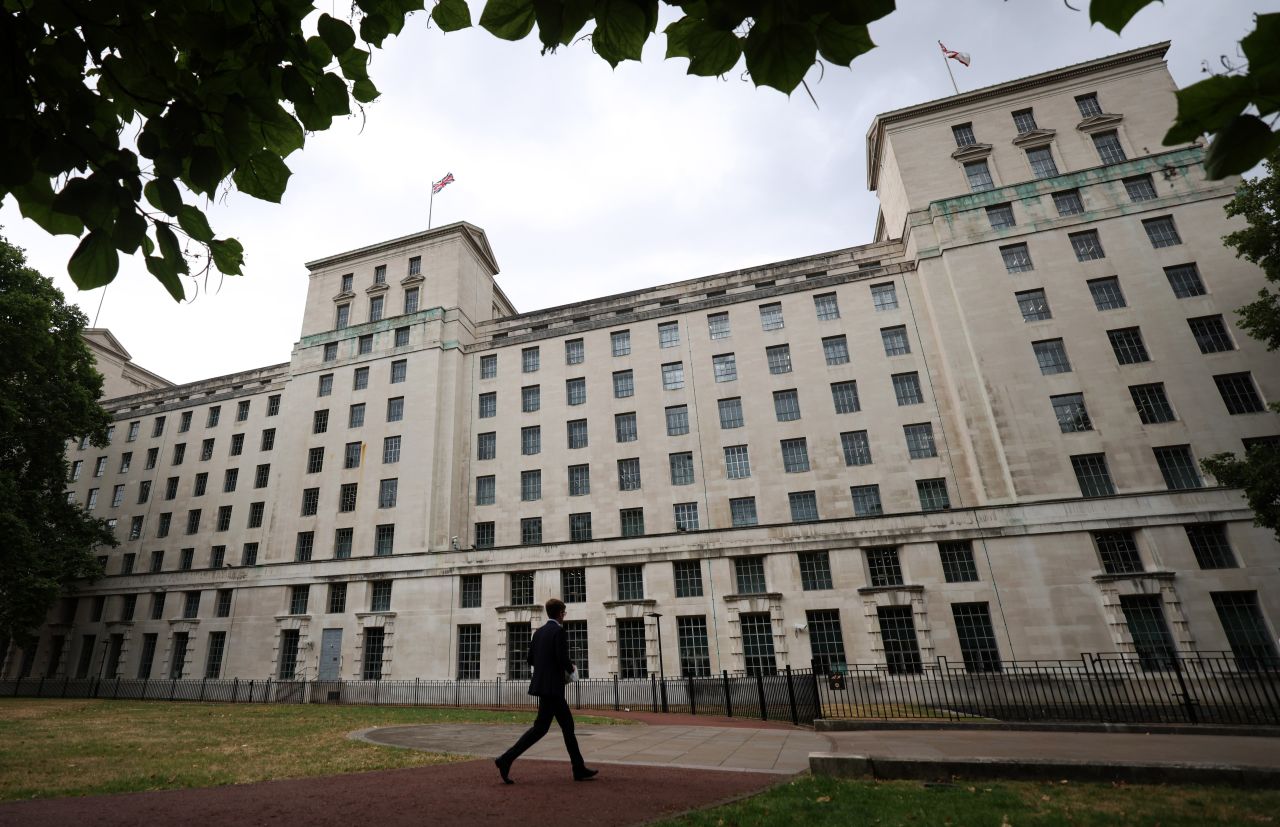U.K. Defense Data Error Leads to Secret Relocation of Thousands

The U.K. government has faced significant repercussions due to a data blunder that compelled it to secretly relocate thousands of Afghan refugees. This error, attributed to the Ministry of Defence’s mishandling of sensitive information, has resulted in heightened security concerns for those affected. The relocation process, which involved moving individuals from their homes in Afghanistan, was executed with a veil of secrecy, indicating the gravity of the situation.
In an effort to contain the fallout from this incident, the U.K. government took the unusual step of obtaining a court injunction in 2023. This injunction prohibited any reporting on the matter, underscoring the sensitivity of the information involved. The government aimed to prevent public knowledge of the data breach and its implications, which could have led to further risks for the relocated individuals.
The blunder revealed vulnerabilities within the U.K. government’s systems for managing data related to Afghan refugees. According to the Home Office, the error compromised the safety of thousands, many of whom had worked closely with British forces during the conflict in Afghanistan. The U.K. had pledged to provide refuge to those at risk following the Taliban’s resurgence in August 2021.
The implications of this incident extend beyond just the immediate safety of those relocated. It raises questions about the effectiveness of the systems in place to protect sensitive information regarding vulnerable populations. The U.K. government has acknowledged the need for improved data management practices to prevent such incidents from occurring in the future.
While the specifics of the data blunder remain under wraps due to the court injunction, sources indicate that the error involved inaccurate data entry, which misrepresented the locations and identities of individuals eligible for relocation. This misrepresentation led to hasty decisions, resulting in the relocation of individuals who were not initially intended to be included in the program.
The repercussions of the incident have prompted calls for greater transparency and accountability within the U.K. government. Advocacy groups have expressed concern about the potential for further errors that could endanger the lives of vulnerable populations. They emphasize the importance of safeguarding the rights and safety of Afghan refugees, particularly those who risked their lives in support of U.K. military efforts.
As the U.K. government navigates the fallout from this situation, it faces increasing scrutiny from both the public and international observers. The need for a robust response plan is critical to restore confidence in its commitment to protecting those who have been displaced and ensuring their safety. The situation remains fluid, with further developments anticipated as the government assesses the full impact of the data blunder and its implications for the Afghan refugee program.
The U.K. government is now tasked with not only addressing the immediate safety concerns of those affected but also implementing reforms to enhance data security and management moving forward.






